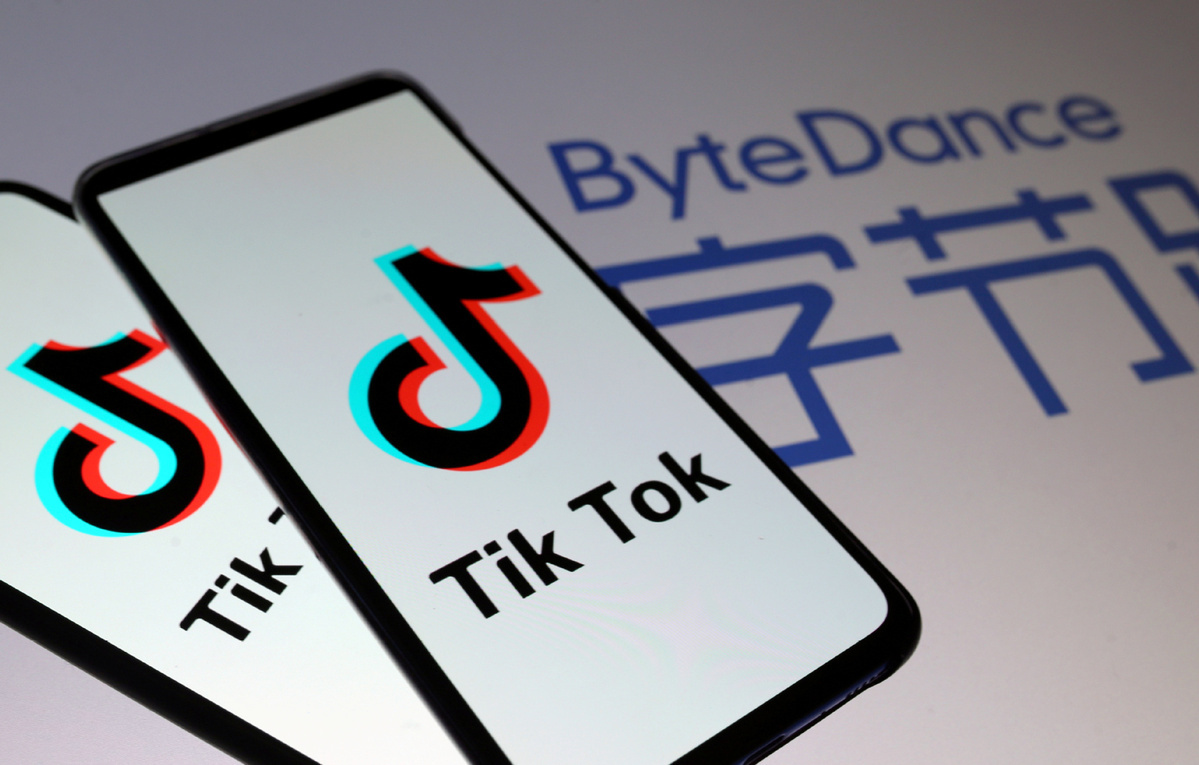
TikTok logos are seen on smartphones in front of a displayed ByteDance logo in this illustration taken Nov 27, 2019. (Photo: Agencies)
Oracle has reportedly reached an agreement with ByteDance to become TikTok's "trusted technology partner" in the United States, thus addressing the US' "national security" concerns without changing its Chinese ownership.
The agreement appears to be an attempt to ensure the US' "digital sovereignty", but it still requires regulatory clearance from the Committee on Foreign Investment in the United States.
All countries are concerned about protecting data and individuals' privacy. European countries began taking legal action against Google and other US internet companies in this regard as early as in 2014. In the mobile internet era, there is greater application of technologies such as big data and cloud computing. The focus of competition among nations could shift from capital, land, manpower and resources to data.
The US was the first country to take measures for protection of important national strategic resources to enable countries to control important data. Economically, the Fourth Industrial Revolution extends from data at the lowest basic level to the highest level of deep learning involving artificial intelligence, making huge volumes of data the basis and artificial intelligence its main symbol.
With a 1.4 billion people market, China, the "world's factory", boasts a scale advantage vis-à-vis data, while the US relies on its large companies to dominate the global market for acquiring data.
The European Union is more anxious about its digital sovereignty, as it is yet to set up its digital market. In 2015, the EU put forward the goal of pursuing digital independence, marking the beginning of "digital geopolitics".
Increasing efforts by major countries to strengthen digital sovereignty means global internet and cloud computing could become fragmented. Considering that the US has relatively lesser domestic production and public data, US companies' monopoly is likely to end. In comparison, China has the data scale advantage to attract more multinational companies.
In a sense, digital fragmentation caused by digital sovereignty may amplify China's unique data advantages, helping Chinese enterprises expand their international market shares. China is also pushing for an industrial internet to generate more production data, which can help it improve its manufacturing efficiency. China's huge investment in information technology in the public sector will also support its AI development.
China should attach greater importance to data protection based on digital sovereignty, balance the relationship between national security, corporate development and personal privacy protection, and conduct meaningful exploration in business, technology, security and law to lead global data governance and control emerging technological risks.


